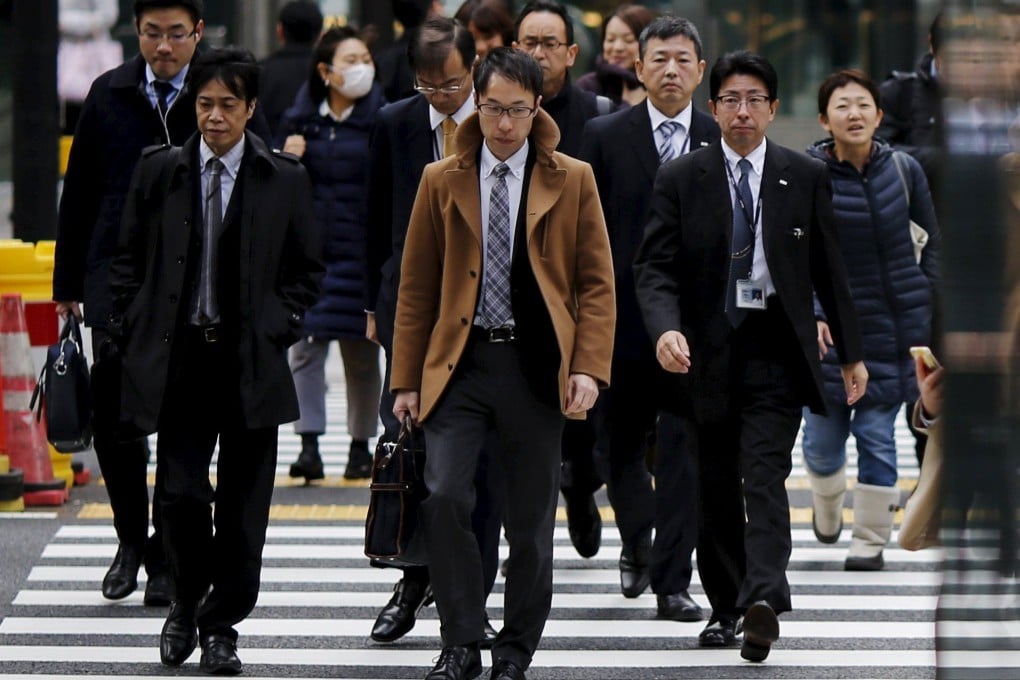In Japan, death from overwork is an occupational hazard – but that could be changing
Younger Japanese are turning their backs on grind culture. The result? Shorter workweeks, higher wages, and hope for an end to karoshi

But a quiet revolution appears to be under way: younger Japanese workers are clocking fewer hours than at any time since the turn of this century, fuelling hopes that karoshi – deaths from overwork – may finally begin to decline.
In recent years, annual working hours in Japan have dropped by 11.6 per cent – from 1,839 in 2000 to 1,626 in 2022, according to findings by Takashi Sakamoto, an analyst with the Recruit Works Institute, putting the country on par with many European nations.
The decline was most pronounced among men in their 20s, who worked an average of 46.4 hours per week in 2000 but only 38.1 hours in 2023, according to Sakamoto’s report “The True Economy of Japan”, published in November.
“Young people are deciding that they do not want to sacrifice themselves for a company. And I think that is quite wise,” said Makoto Watanabe, a professor of communications and media at Hokkaido Bunkyo University.
The shift is driven by generational change. Unlike their parents, who embraced long hours in exchange for economic growth and job security, Japan’s youth are prioritising work-life balance and refusing to accept harsh working conditions.

